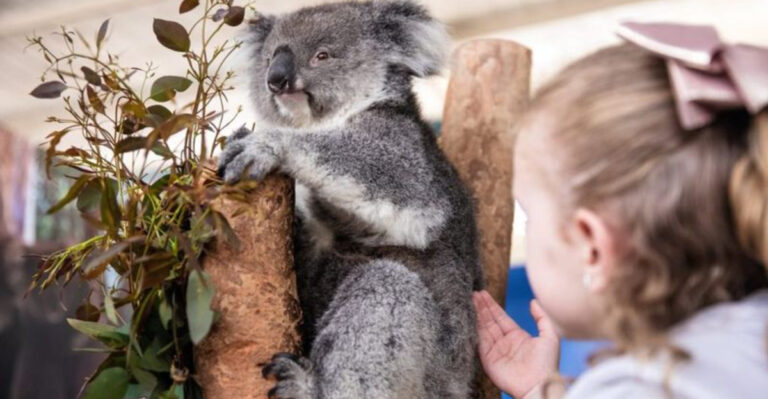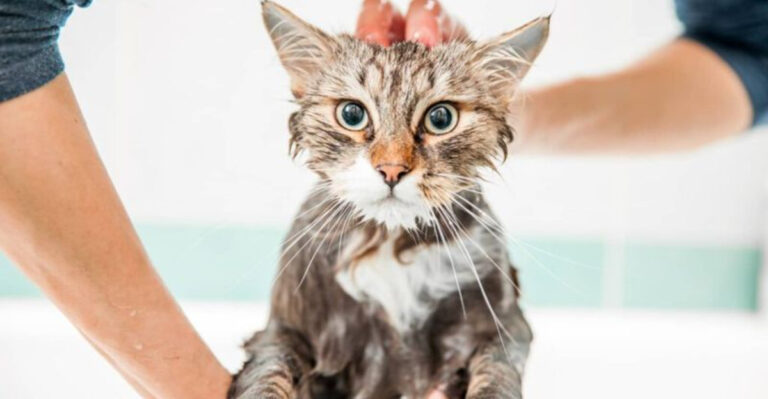8 Spooky Facts About Crows And 7 Reasons Why They Don’t Make Good Pets
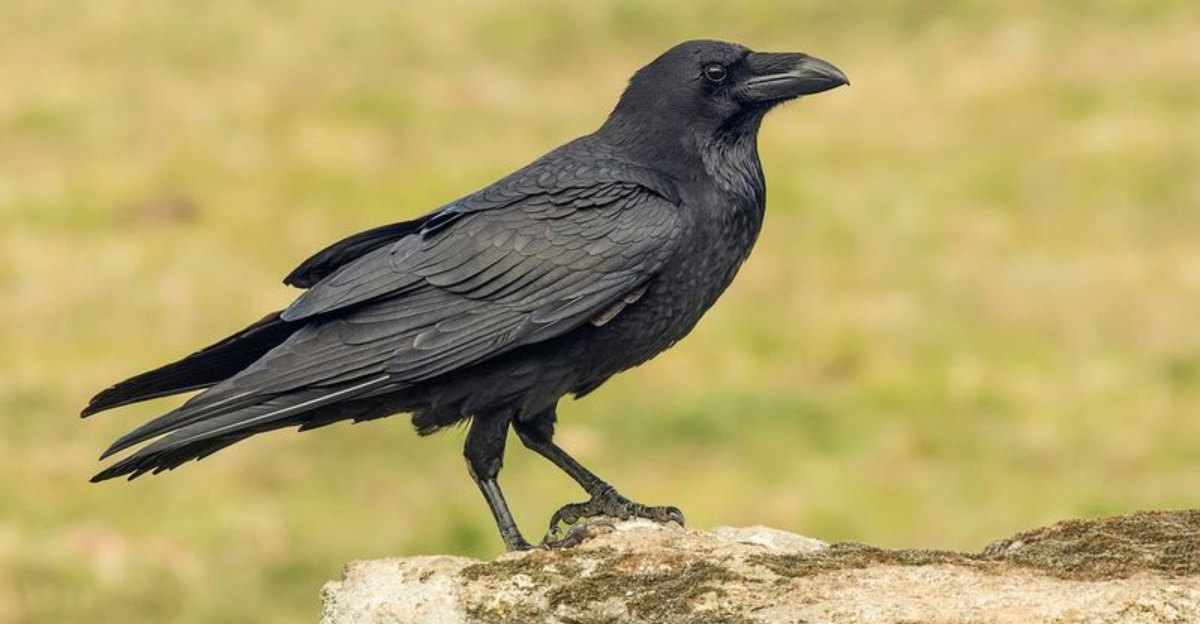
Crows may seem mysterious, but there’s more to them than meets the eye. These feathered creatures hold secrets that might make you think twice before inviting them into your home.
With a mix of spooky facts and reasons why they’re not ideal pets, let’s uncover what makes crows both fascinating and unfit for domestic life.
1. Crows Remember Faces
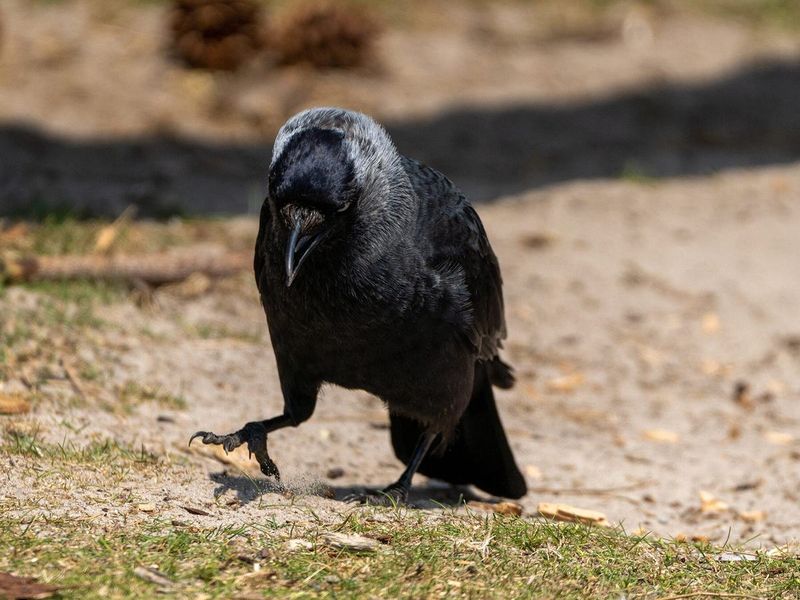
Ever bumped into a crow and felt like it knew you? Crows have an uncanny ability to remember human faces. They not only recall who you are, but they can also warn other crows about people who have wronged them!
It’s fascinating yet chilling to think how these birds hold grudges. This memory makes them tricky as pets. Imagine them sulking over a forgotten meal!
2. Tool Usage
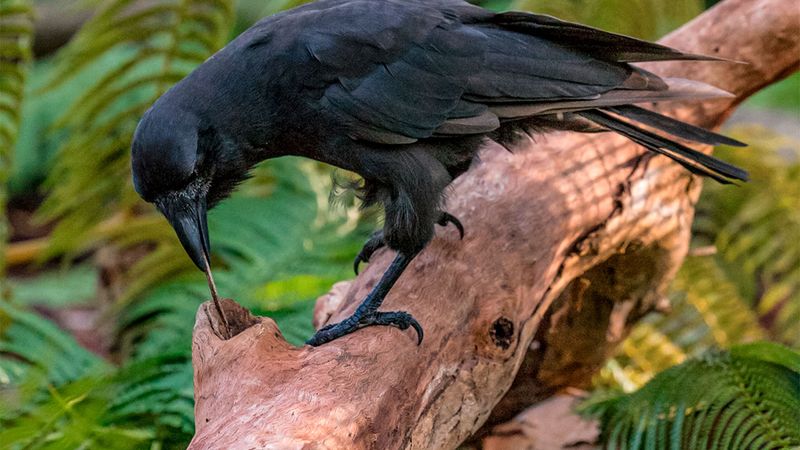
Crows aren’t just clever; they’re tool-wielding geniuses! They craft and use tools to access food in the wild. This skill shows their intelligence but also their need for a stimulating environment.
As pets, they’d get bored quickly without challenges, leading to mischief. Can you provide the daily puzzles they require? Their crafty nature is more suited to the wild than a living room.
3. Mimicking Ability
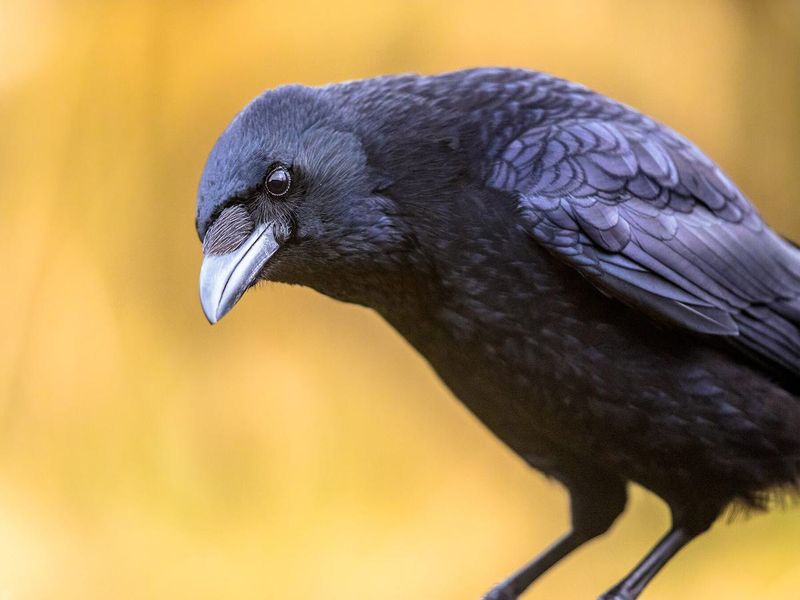
Move over parrots! Crows can mimic human speech and other sounds too. While it’s amusing, it’s also eerie when a crow suddenly echoes your voice.
This talent might sound appealing, but it doesn’t equate to companionship like a dog’s bark. Crows may repeat what you say, but they won’t fetch your slippers. Conversations with them could get rather one-sided.
4. Crow Funerals
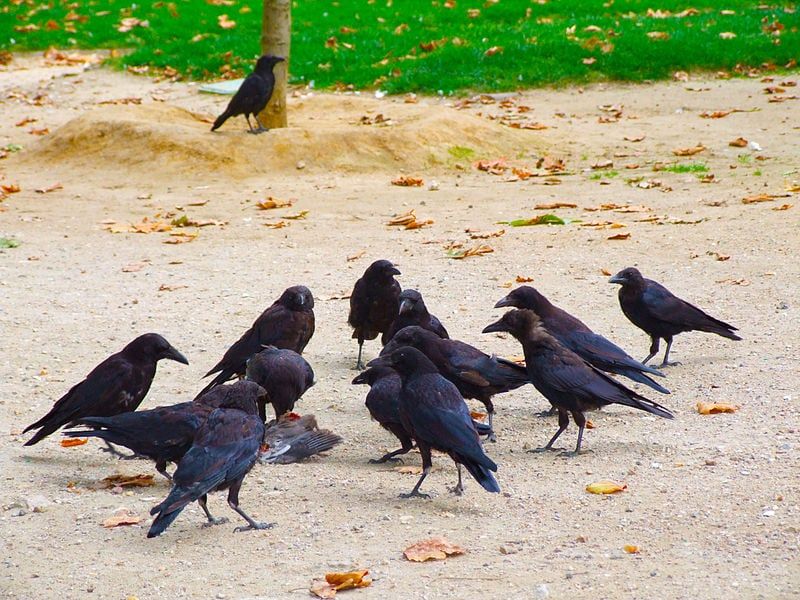
Have you ever seen a flock of crows gathered somberly? It’s not a party; they’re having a funeral. Crows mourn their dead and learn from the demise of their peers, possibly avoiding similar dangers.
This behavior is profound and a bit spooky, emphasizing their social complexity. As pets, their need for a community is hard to fulfill, possibly leading to loneliness.
5. Crows Hold Court
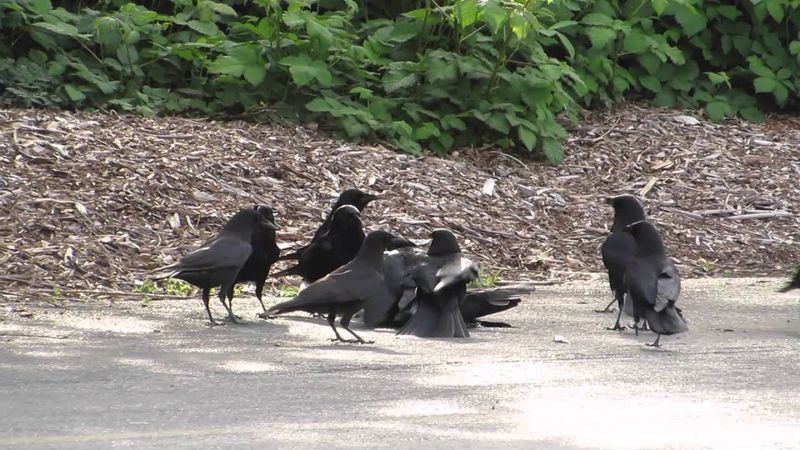
Did you know crows hold court? These meetings determine the fate of a misbehaving crow. Such sophisticated social structures highlight their intelligence, but also their need for social hierarchies.
In a home setting, the absence of fellow crows might lead to behavioral issues. Handling a judgmental bird that’s assessing you could be more than you bargained for as a pet owner!
6. Problem Solvers
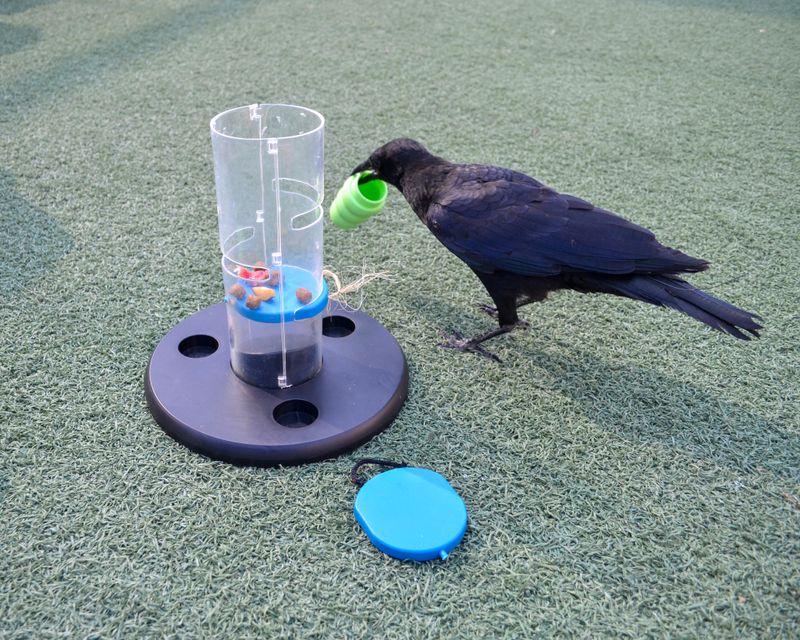
Crows are known for their problem-solving skills. They can tackle complicated tasks to get food rewards. This knack for puzzles reflects their intelligence, which can be a double-edged sword in a household.
Boredom can lead to unwanted tampering with gadgets or valuable items. Keeping such a keen mind engaged without a natural environment is a tough task!
7. Crows As Omens
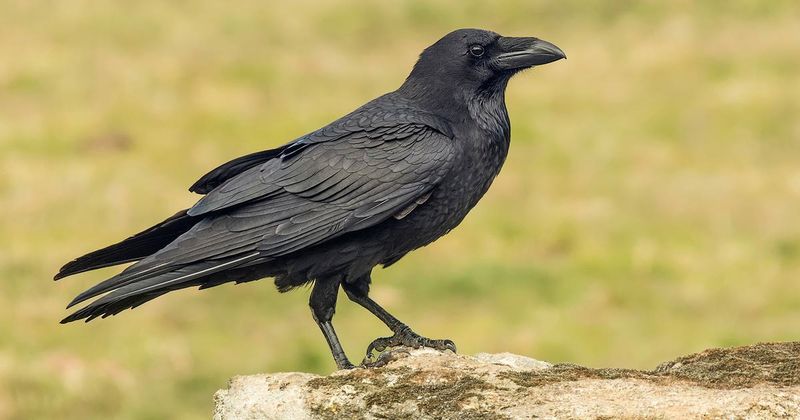
For centuries, crows have been seen as omens, often linked with death and mystery. Their deep caws and shadowy presence have inspired tales of the supernatural.
While this lends them an air of mystery, it could also spook the unsuspecting pet owner. A crow on your shoulder might make you feel like a wizard, but it could also send shivers down your spine.
8. Noisy Neighbors
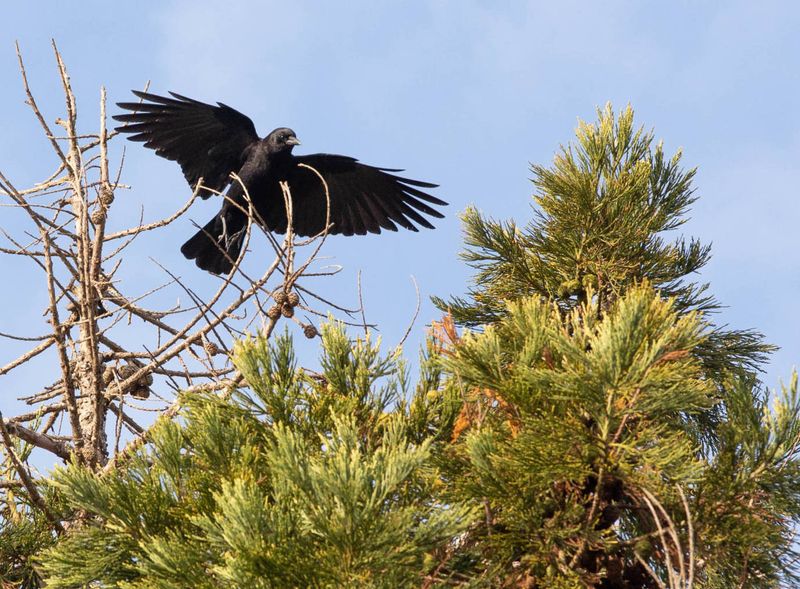
Crows are notorious for their loud and persistent caws. While this might be music to another crow’s ears, it’s not a symphony for neighbors.
As a pet, their vocal nature could lead to complaints, especially in noise-sensitive areas. Not everyone appreciates a dawn chorus of caws. Their chatter is best suited to the open skies rather than confined indoor spaces.
9. Dietary Needs
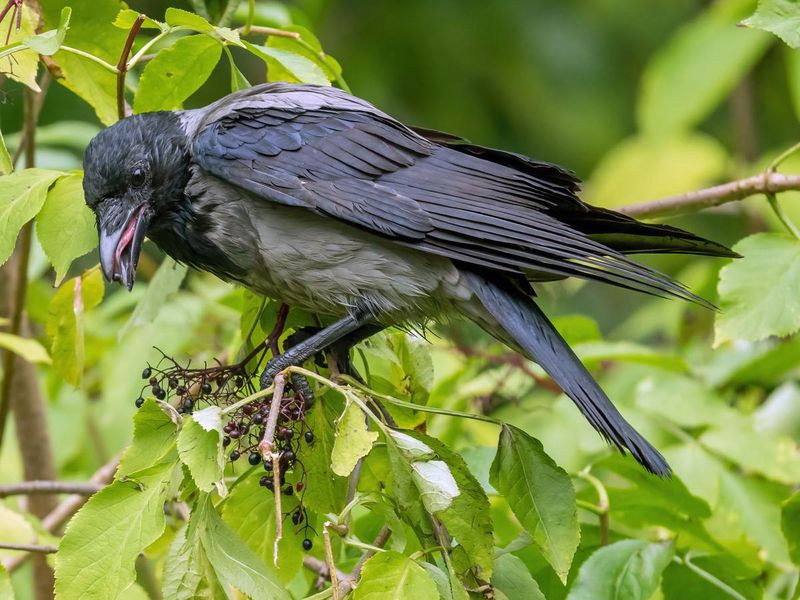
Feeding a crow isn’t as simple as filling a bowl with seeds. They need a varied diet that mimics their natural intake, including insects and fruits.
This can be challenging for a pet owner to replicate accurately, potentially leading to health issues. Ensuring they get the right nutrition can become a full-time job. Are you ready to be a crow chef?
10. Destructive Tendencies
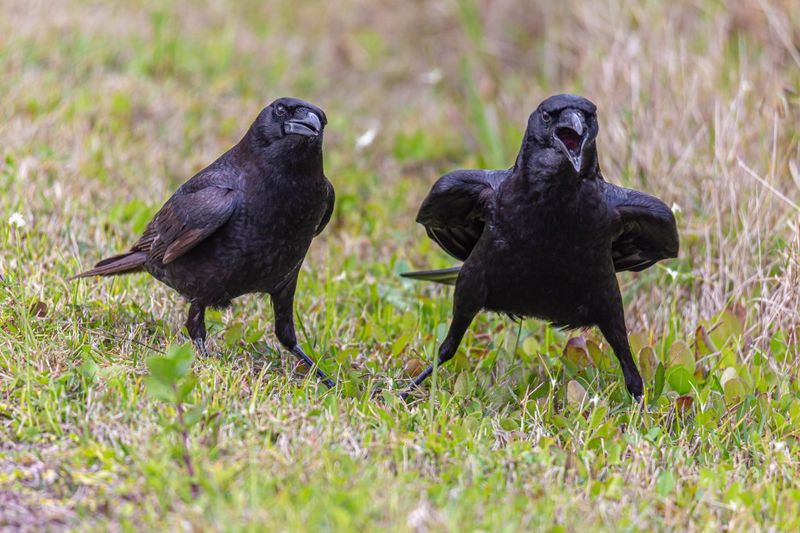
Curious and mischievous, crows love to explore with their beaks. They’re attracted to shiny objects and can cause chaos in a household.
As pets, their inclination to dismantle things they find intriguing can lead to destruction of personal belongings. Keeping a crow entertained and away from trouble is a daunting task, requiring constant vigilance.
11. Territorial Behavior
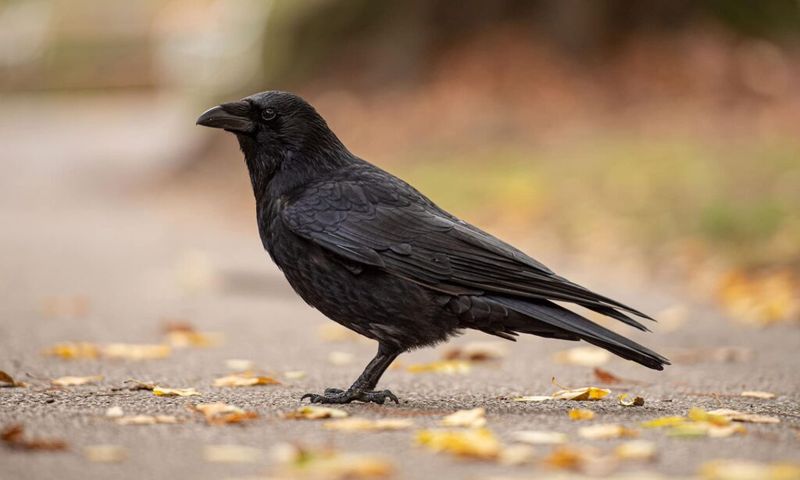
Crows can be fiercely territorial, especially during nesting season. This aggression extends to other pets and even humans if they feel threatened. Such behavior poses a risk in a multi-pet household.
Managing a crow’s territorial instincts requires space and understanding, which isn’t always feasible in domestic settings. It’s a challenge to ensure peace under the same roof.
12. Need For Flight
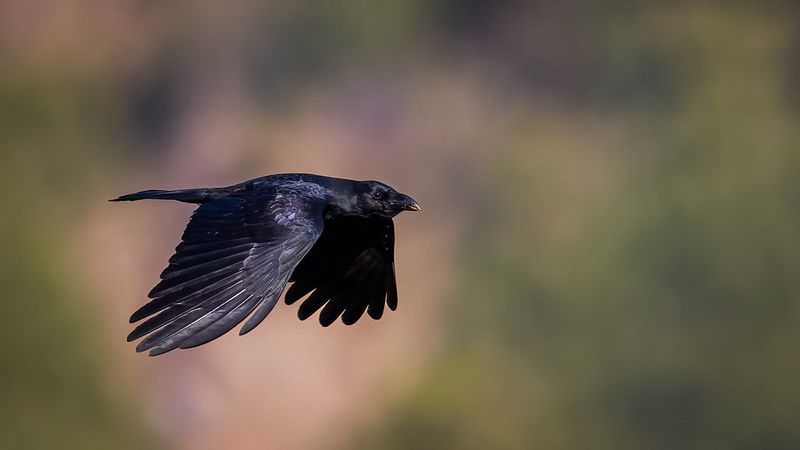
Crows are born to fly, covering vast distances in search of food and companionship. Confining them to a home restricts their natural behavior, affecting their well-being.
Regular flight isn’t just exercise; it’s essential to their happiness. Providing adequate space for flight is a monumental task, making them unsuitable for typical pet homes. Can your living room serve as their sky?
13. Long Lifespan
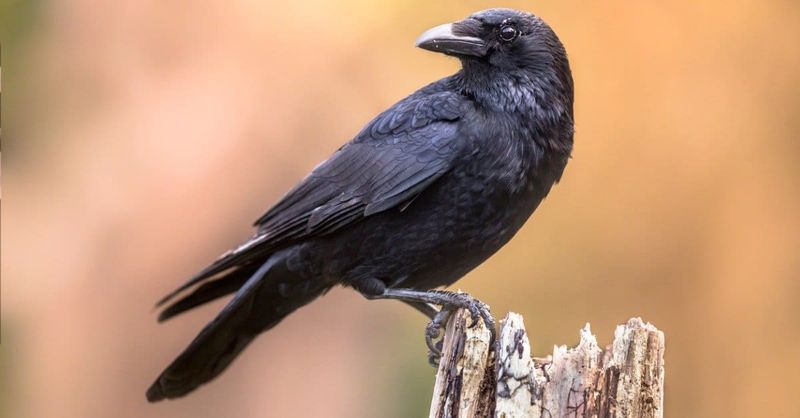
With a lifespan of up to 20 years, crows are long-term companions. While it’s nice to have a loyal friend, it’s a commitment that requires planning.
Their longevity means they need care through various life stages, which can be demanding for any pet owner. Ensuring they lead a healthy life for two decades is not for the faint-hearted.
14. Social Creatures
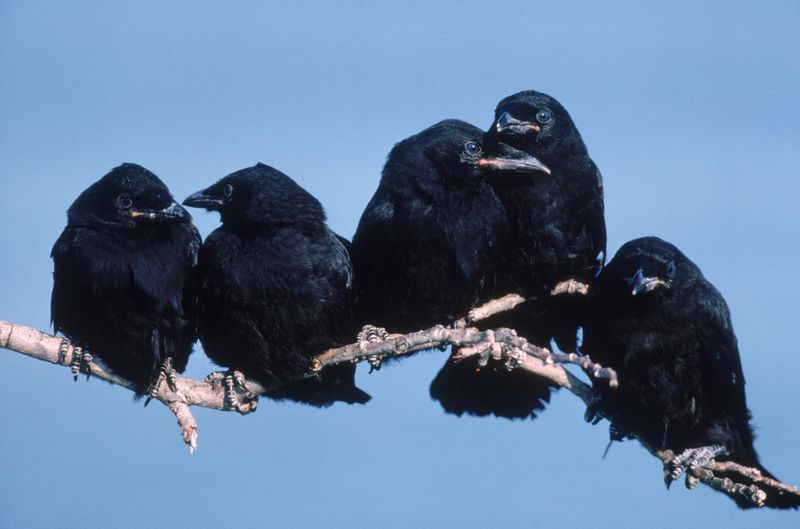
Crows thrive in groups, displaying complex social behaviors. While one might seem like a unique pet, isolation isn’t ideal for them.
They need interaction with other crows to stay mentally healthy. Keeping a single crow can lead to loneliness and stress. It’s crucial to replicate a social environment, which often isn’t feasible in a home setting.
15. Legal Restrictions
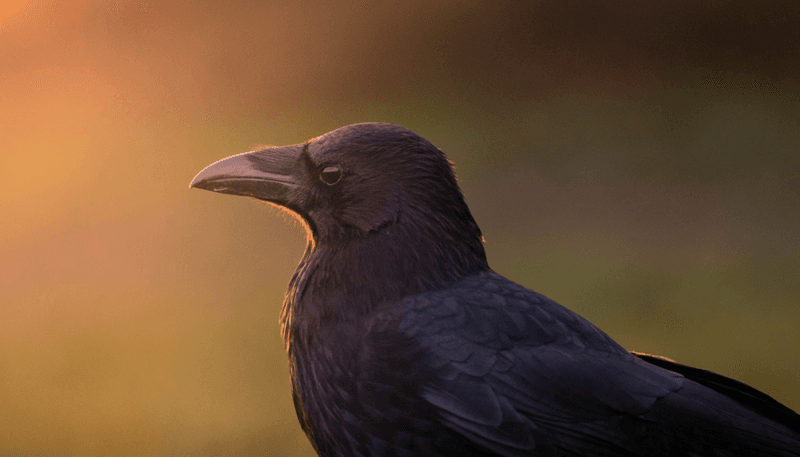
In many places, keeping a crow as a pet is illegal due to their protected status. Laws exist to preserve their wild populations, and owning one can lead to legal trouble.
Beyond the legalities, it’s a moral issue of disrupting their natural lives. Ensuring you’re on the right side of the law is as important as understanding their needs.




